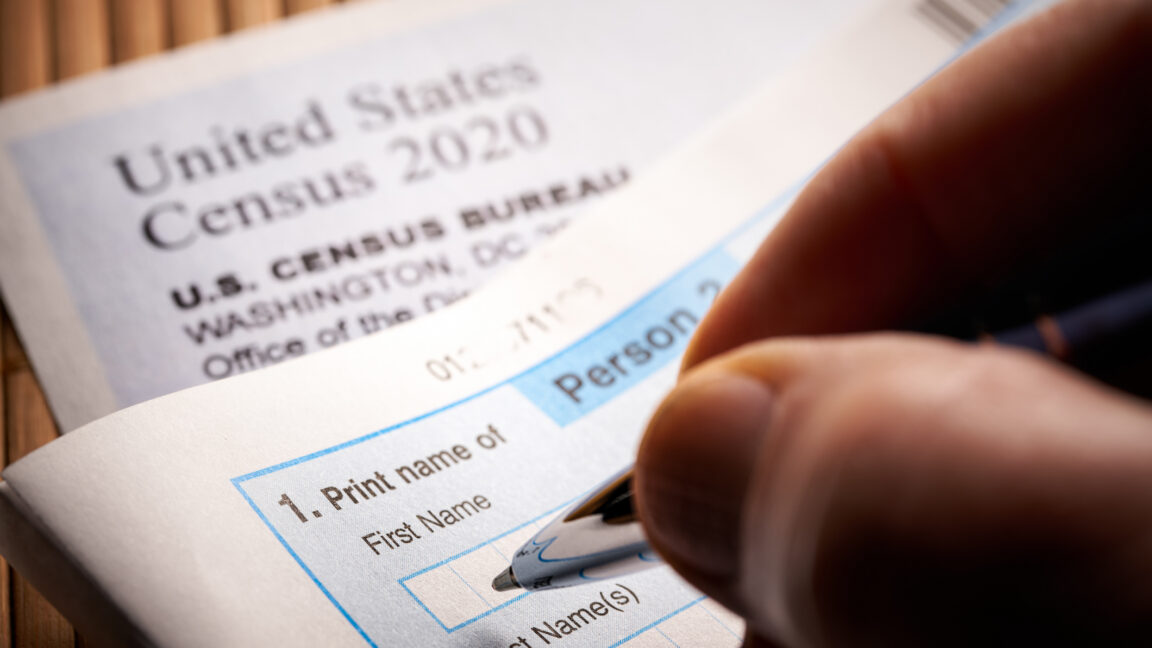
"The Census Bureau regularly publishes anonymized data so that policymakers and researchers can use it. That data is also sensitive: Conducted every 10 years, the census counts every person living in the United States, citizen and noncitizen alike. The data includes detailed information like the race, sex, and age, as well the languages they speak, their home address, economic status, and the number of people living in a house."
"In 2019, the Supreme Court struck down an attempt by the first Trump administration to add a citizenship question to the census. But now, a little-known algorithmic process called "differential privacy," created to keep census data from being used to identify individual respondents, has become the right's latest focus. WIRED spoke to six experts about the GOP's ongoing effort to falsely allege that a system created to protect people's privacy has made the data from the 2020 census inaccurate."
President Donald Trump and the Republican Party have targeted the US census while reshaping the federal government. The right previously sought a citizenship question and exclusion of noncitizens from apportionment, a move blocked by the Supreme Court in 2019. Differential privacy is an algorithm designed to prevent published census statistics from identifying individual respondents by adding controlled noise. The GOP is campaigning to eliminate differential privacy, alleging it harmed 2020 census accuracy. Removing the protection would alter available data, increase risk to residents' personal information, and could deter immigrants from participating in the census. Census data informs funding and political representation.
Read at Ars Technica
Unable to calculate read time
Collection
[
|
...
]